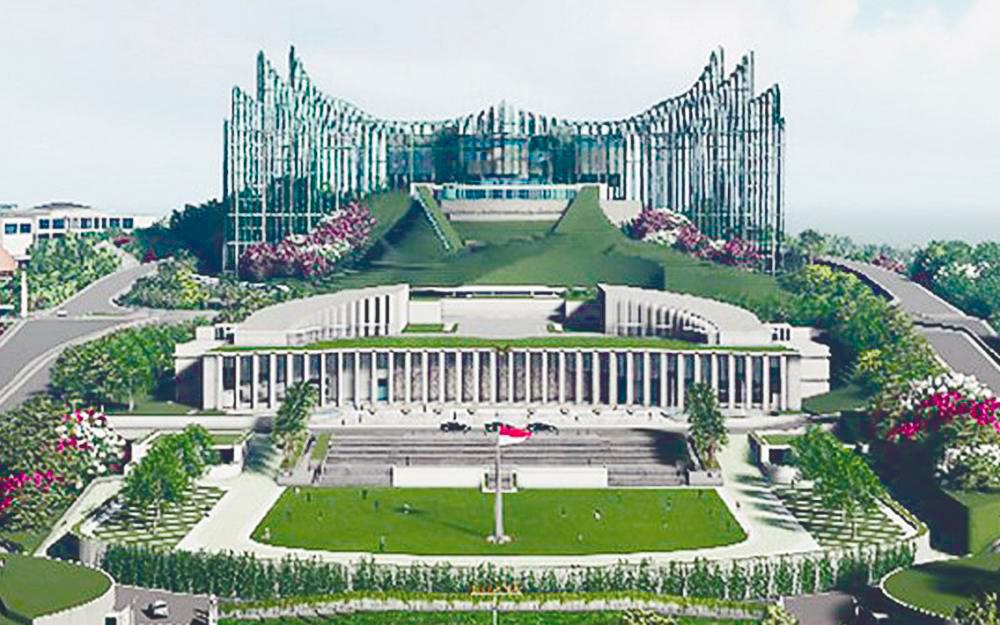PETALING JAYA: Malaysians investing in the future capital of Indonesia, Nusantara, would benefit Sabah and Sarawak in terms of economy and trade.
This is despite the distance of the capital city being more than 500km from the nearest town in East Malaysia, say economists.
Universiti Utara Malaysia School of Economics, Finance and Banking senior lecturer Dr Abu Sufian Abu Bakar said the advancement of technology and digitalisation in the region are vital to connect Sabah and Sarawak with business opportunities in Nusantara.
“The distance by air from Kuala Lumpur to Kuching is 975km and Kuala Lumpur to Kota Kinabalu is 1,620km while Nusantara is 625km from Tawau in Sabah and 570km from Kapit in Sarawak,” he said.
“This shows that Sabah and Sarawak are significantly closer to Nusantara than Kuala Lumpur. So, Malaysian investors and businesses must not consider the distance to be a deterring factor and should look out for trade opportunities in Borneo Island.”
Abu Sufian said Jakarta’s decision to relocate its capital city to Kalimantan would attract numerous foreign direct investments to the island, and Sabah and Sarawak could benefit from the abundance of opportunities.
“In any economy, with sustainable resources that could generate wealth, there would be opportunists who would reap benefits. Thus, investing in Nusantara would not only lead to the prosperity of the regional economy but also create job opportunities to youths in East Malaysia.
“Business opportunities for building Nusantara are not confined to supplying construction labourers. Malaysia has many skilled professionals that could assist and accelerate the urbanisation of the future capital city, such as transport experts, engineers, city planners and architects,” he said.
Meanwhile, Universiti Malaysia Sarawak economics lecturer Haslan Ottot said the bilateral cross-border trading relationship that Sabah and Sarawak have with Kalimantan would be enhanced
if Malaysians show interest to invest in Nusantara.
“The ongoing traditional trade that Sabah and Sarawak have with Kalimantan predates the formation of the existing international borderlines and political territories.
“Despite that, traditional trade involving local items such as forest products, agriculture produce, accessories and traditional costumes have been very slow and (people) are still practising the barter system instead of using currency.”
Haslan also said with the proper establishment of business opportunities in Nusantara, the people of East Malaysia, especially rural folk who live near the international borders could experience development.
“Along with better cross-border infrastructure, both countries should work on increasing more entry points for trade. By doing so, transactions and business between Sabah, Sarawak and Kalimantan would be seamless, and more effort would be put in place to combat illegal trade and smuggled goods,” he said.
Speaking at a press conference with Indonesian President Joko Widodo on Monday, Prime Minister Datuk Seri Anwar Ibrahim said there have been an exchange of 11 letters of intent from 10 Malaysian companies from various sectors.









